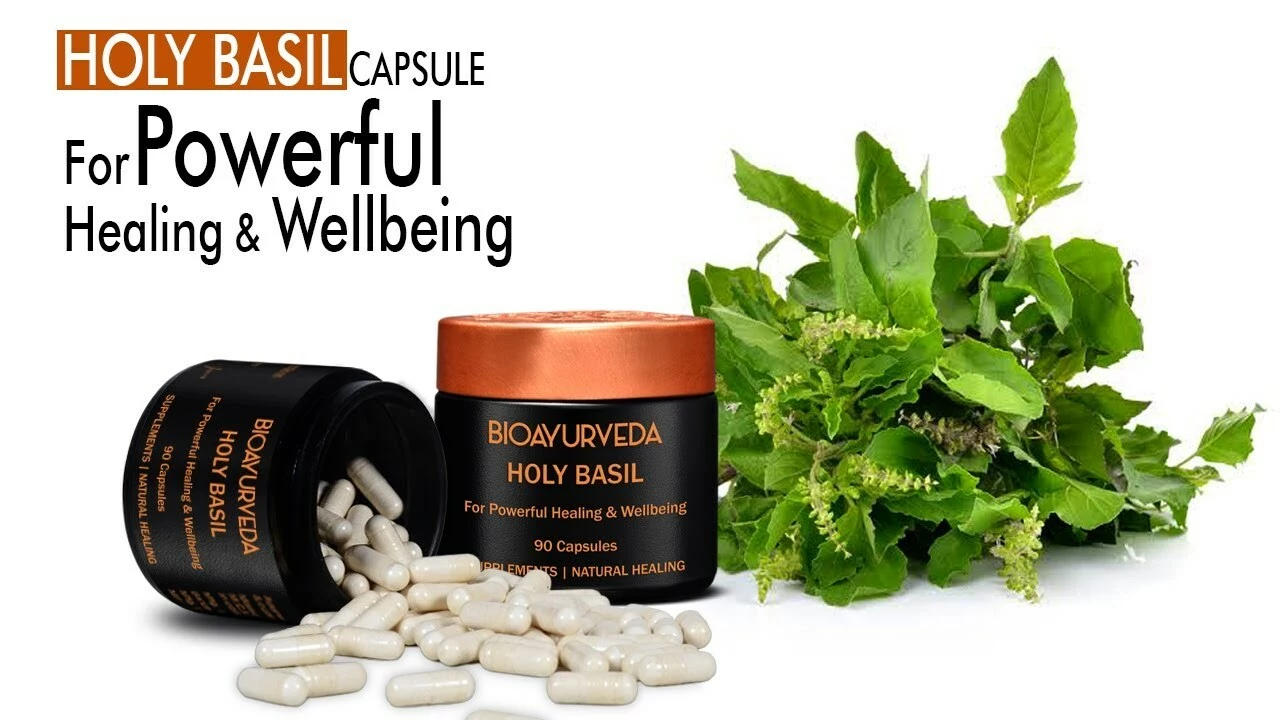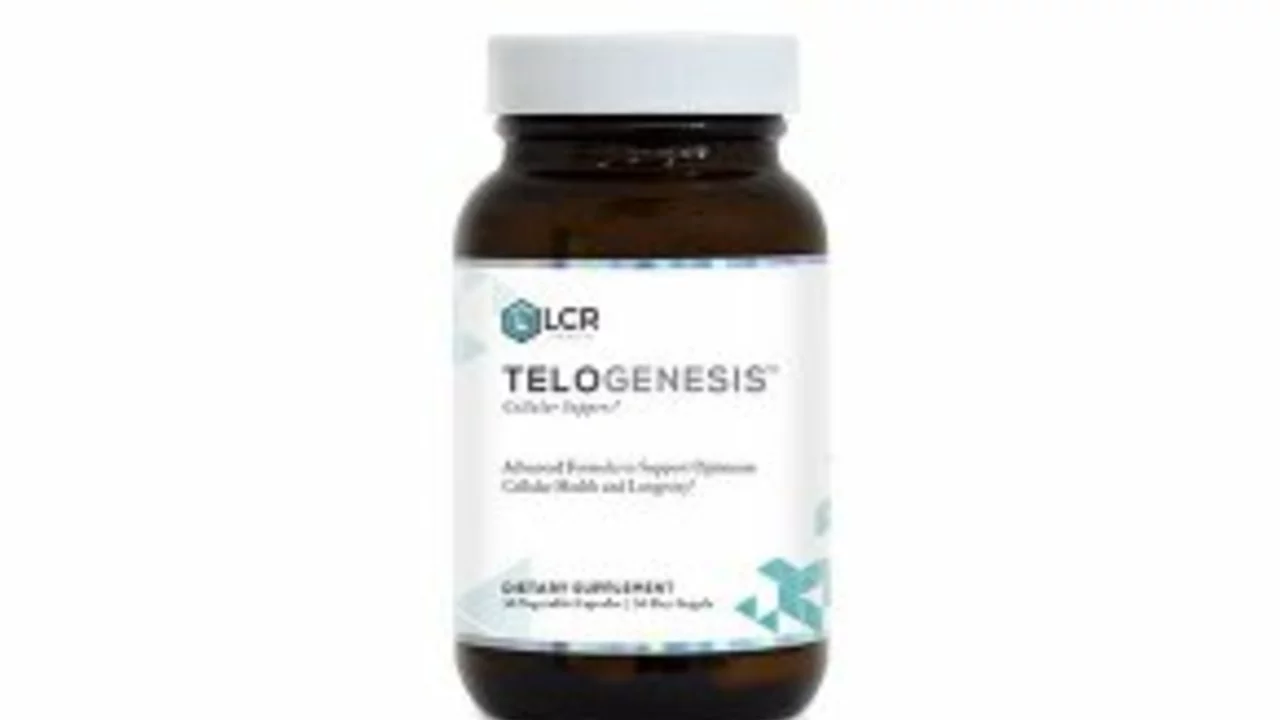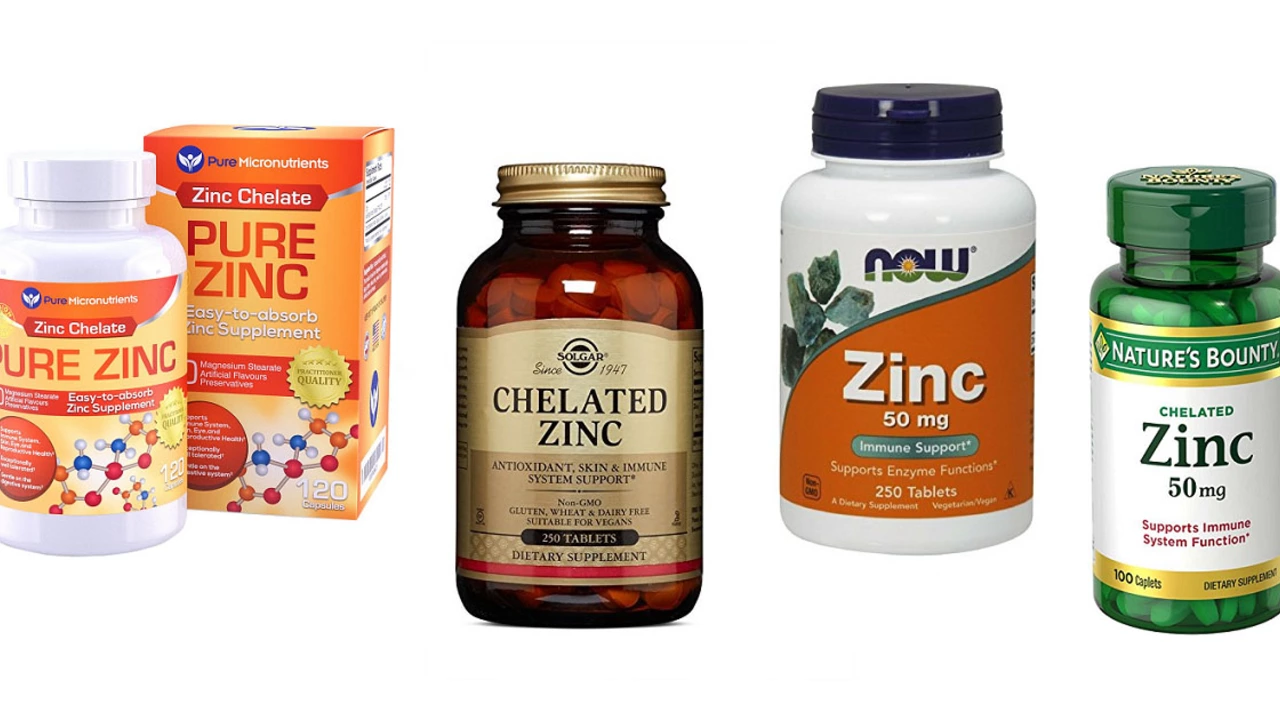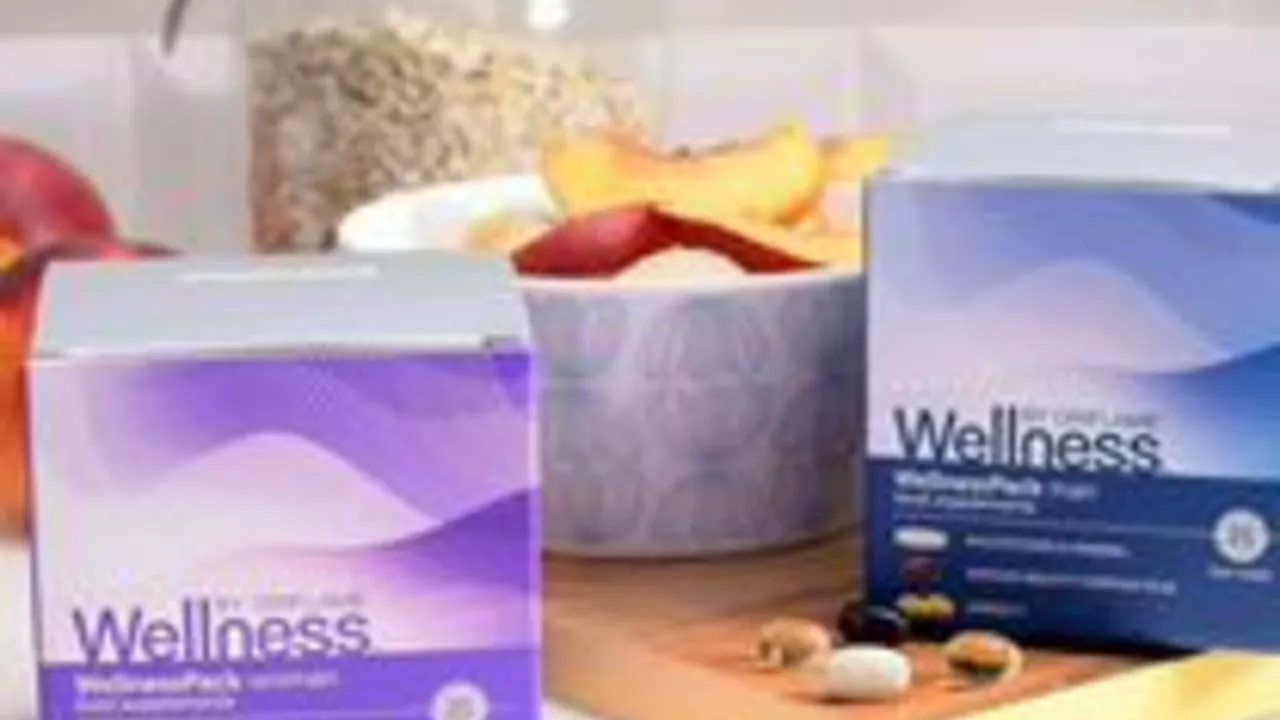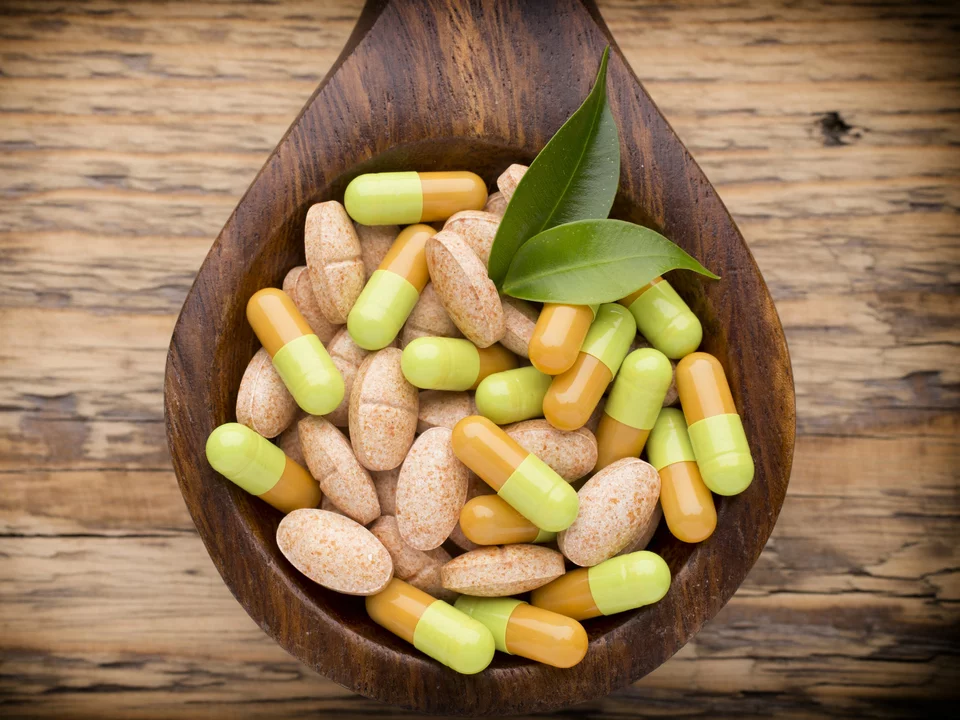Dietary Supplement Guide: What’s Worth Your Money?
If you’ve ever stood in the supplement aisle feeling lost, you’re not alone. Thousands of bottles promise everything from better sleep to stronger muscles, but only a few actually deliver. This guide cuts through the hype and gives you straight‑forward advice on what works, how to read labels, and which products our readers trust.
Why People Use Dietary Supplements
Most folks turn to supplements for three reasons: fill nutrient gaps, boost a specific health goal, or support overall wellness. For example, if you’re low on vitamin D during winter, a simple daily capsule can keep bones and immune function in good shape. Athletes often add protein powders or creatine to speed recovery after tough workouts. And many people use herbal extracts—like German chamomile—to calm nerves or improve sleep.
Our own article on German Chamomile shows how this humble herb can act as a natural calming aid without the buzz of prescription meds. The key is choosing a product that’s pure, standardized, and backed by real testing. Otherwise you might waste money on filler or even harmful additives.
How to Pick Quality Supplements
The first step is checking who makes the supplement. Look for manufacturers that follow GMP (Good Manufacturing Practice) standards and have third‑party testing from labs like NSF or USP. If a label lists “certified by” and provides a batch number you can verify online, that’s a good sign.
Next, read the ingredient list. A short list with clear dosages is better than a long string of obscure names. For herbal products, the active compound should be quantified—think "10% apigenin" for chamomile or "200 mg EPA/DHA" for fish oil. Avoid anything that relies on “proprietary blends” to hide exact amounts.
Price matters, but cheaper isn’t always better. A $15 bottle of high‑quality vitamin D3 (5,000 IU) can last months, while a $30 generic might contain less active ingredient per pill. Compare cost per serving rather than total price.
Finally, match the supplement to your personal needs. If you’re looking for joint support, glucosamine with chondroitin and MSM is a common combo; if you need an energy boost, B‑complex vitamins or rhodiola may help more than caffeine alone.
Remember that supplements complement—not replace—a balanced diet. Eating a variety of fruits, vegetables, lean proteins, and whole grains gives you the foundation, while targeted supplements fill any remaining gaps.
Got a specific supplement in mind? Check out our related posts: the German chamomile guide for calming benefits, or the “Best Alternatives to Flagyl” piece that also mentions probiotic options for gut health. Each article dives into dosage, safety tips, and real‑world experiences so you can decide with confidence.
Bottom line: stick to reputable brands, verify third‑party testing, read labels carefully, and choose products that match your goals. With these simple steps, you’ll spend less on trial‑and‑error and more on things that truly improve your health.
The Healing Power of Pu-Erh Tea: A Dietary Supplement for a Healthy Mind and Body
In my latest blog post, I delve into the amazing healing properties of Pu-Erh tea, a potent dietary supplement renowned for promoting both a healthy mind and body. This traditional Chinese tea, known for its unique fermentation process, is packed full of antioxidants and anti-inflammatory properties. I discuss how it aids in weight loss, boosts heart health, and even supports mental well-being. I also touch on its ability to lower stress levels and improve sleep quality. It's a must-read for anyone interested in natural remedies for holistic health.
Embrace a Healthier Lifestyle with American Dogwood: The All-Star Dietary Supplement that Delivers Results!
In our journey towards a healthier lifestyle, American Dogwood has emerged as a game-changer! This all-star dietary supplement boasts numerous health benefits, promising effective results. It's not only a natural product but also an effective way to boost overall health. With consistent use, I've personally noticed impressive improvements in my vitality and well-being. If you're also looking for a natural way to enhance your health, American Dogwood could be your next big step!
Introducing Peony: The Dietary Supplement That's Taking the Health World by Storm
Let me introduce you to Peony, the dietary supplement that's causing a stir in the health world. It's a natural extract that's been found to offer a plethora of health benefits. From boosting immunity to reducing inflammation, Peony is quickly becoming a must-have for health enthusiasts. Its popularity is soaring due to its effectiveness coupled with its lack of side effects. So, if you're looking to step up your health game, Peony might just be the supplement you've been searching for.
The Top 10 Health Benefits of Sulfur: Your New Favorite Dietary Supplement
In my latest blog post, I've explored the top 10 health benefits of sulfur, a mineral that is becoming increasingly popular as a dietary supplement. From supporting joint health to boosting your immune system, sulfur has some impressive benefits. It's also great for skin health, helping with conditions like acne and psoriasis. Plus, it aids in detoxification and can even help with certain allergies. Definitely, sulfur is a supplement worth considering for a well-rounded health regimen.
Health and Wellness in a Bottle: The Wonders of Rose Geranium Oil as a Dietary Supplement
I recently discovered the amazing benefits of Rose Geranium Oil as a dietary supplement, and I just had to share it with you all! This versatile oil not only offers numerous health and wellness advantages, but it also has a delightful scent. Some of its key benefits include reducing inflammation, balancing hormones, and relieving stress and anxiety. Moreover, it is rich in antioxidants, which can help protect our bodies from harmful free radicals. So, if you're looking to improve your overall health, consider giving Rose Geranium Oil a try!
Discover the Amazing Health Benefits of Albizia: Your New Go-To Dietary Supplement
I recently came across a fantastic dietary supplement called Albizia, and I couldn't wait to share its amazing health benefits with you all! This incredible plant is known to boost our immune system, help with anxiety and stress relief, and even improve our cognitive function. Plus, it's packed with antioxidants and anti-inflammatory properties. I've personally started incorporating Albizia into my daily routine, and I'm already noticing the positive effects on my overall well-being. Do yourselves a favor and give this incredible supplement a try!
About
Health and Wellness, Natural Remedies
Latest Posts


Why Prescription Drug Prices Are So High in the United States: The Real Reasons Explained
By Orion Kingsworth Feb 6, 2026

Statins and Exercise: How to Prevent Muscle Injury While Staying Active
By Orion Kingsworth Dec 25, 2025

Deficiency Letters in Generic Drug Applications: Common FDA Findings and How to Avoid Them
By Orion Kingsworth Dec 7, 2025

